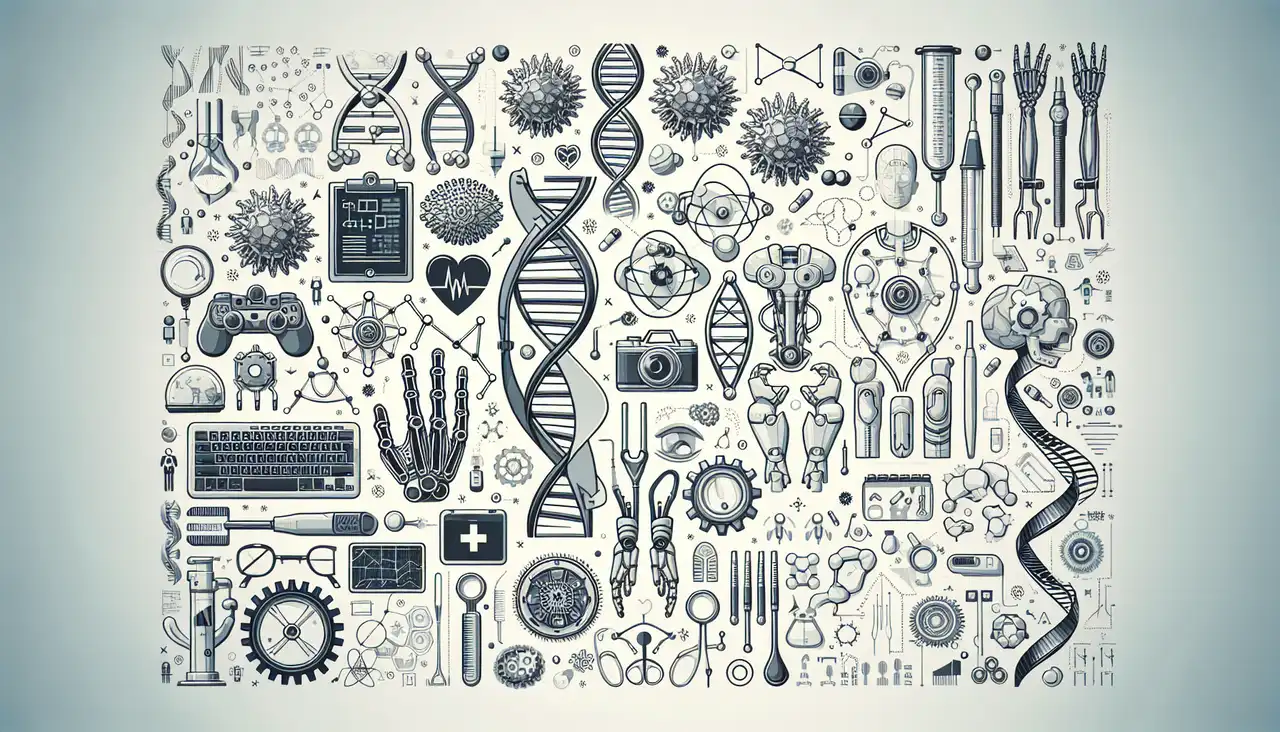

Curtis Johnson
Professor specializing in the intersection of biomedical engineering and neuroscience, Curtis Johnson serves as an Associate Professor in the Department of Biomedical Engineering at the University of Delaware. With a robust academic foundation, he earned his Ph.D. in Mechanical Engineering from the University of Illinois at Urbana-Champaign in 2013. His scholarly pursuits are deeply rooted in the application of magnetic resonance imaging (MRI) to explore tissue mechanics, with a particular emphasis on the complexities of the human brain. Professor Johnson is renowned for his expertise in magnetic resonance elastography (MRE), a cutting-edge, non-invasive technique that measures the viscoelastic properties of tissues. His research is pivotal in advancing MRE imaging protocols, which are crucial for enhancing the accuracy and applicability of this technique in various neuroscience contexts. Through his work, he seeks to unravel the intricate structure-function relationships within different brain regions, contributing to a deeper understanding of neurological health and disease. His contributions to the field are well-documented, with numerous publications in prestigious journals such as NeuroImage and the Journal of Biomechanical Engineering. These works highlight his innovative approach to integrating engineering principles with biological systems, aiming to push the boundaries of what is possible in medical imaging and neuroscience research. Beyond his research, Professor Johnson is committed to mentoring the next generation of engineers and scientists. He actively engages with students, encouraging them to explore interdisciplinary approaches to problem-solving and innovation. His dedication to education and research excellence has made him a respected figure in the academic community. In addition to his academic endeavors, Professor Johnson collaborates with fellow researchers and industry professionals to translate his findings into practical applications that can benefit clinical practices. His work not only advances scientific knowledge but also holds the potential to improve diagnostic and therapeutic strategies for neurological conditions.
Publications
, 349-383, 2014-09-01
, 118-122, 1993-06-01